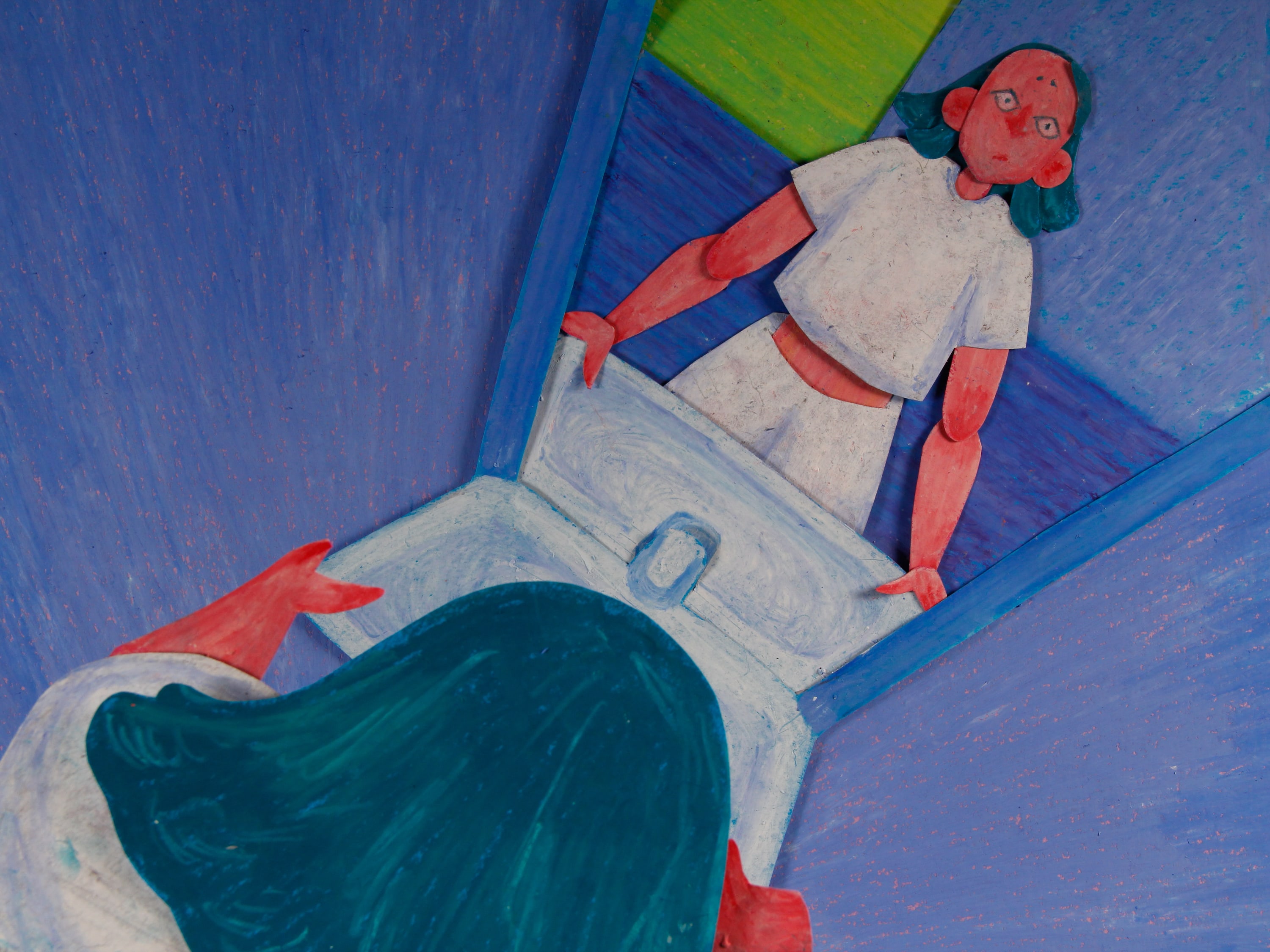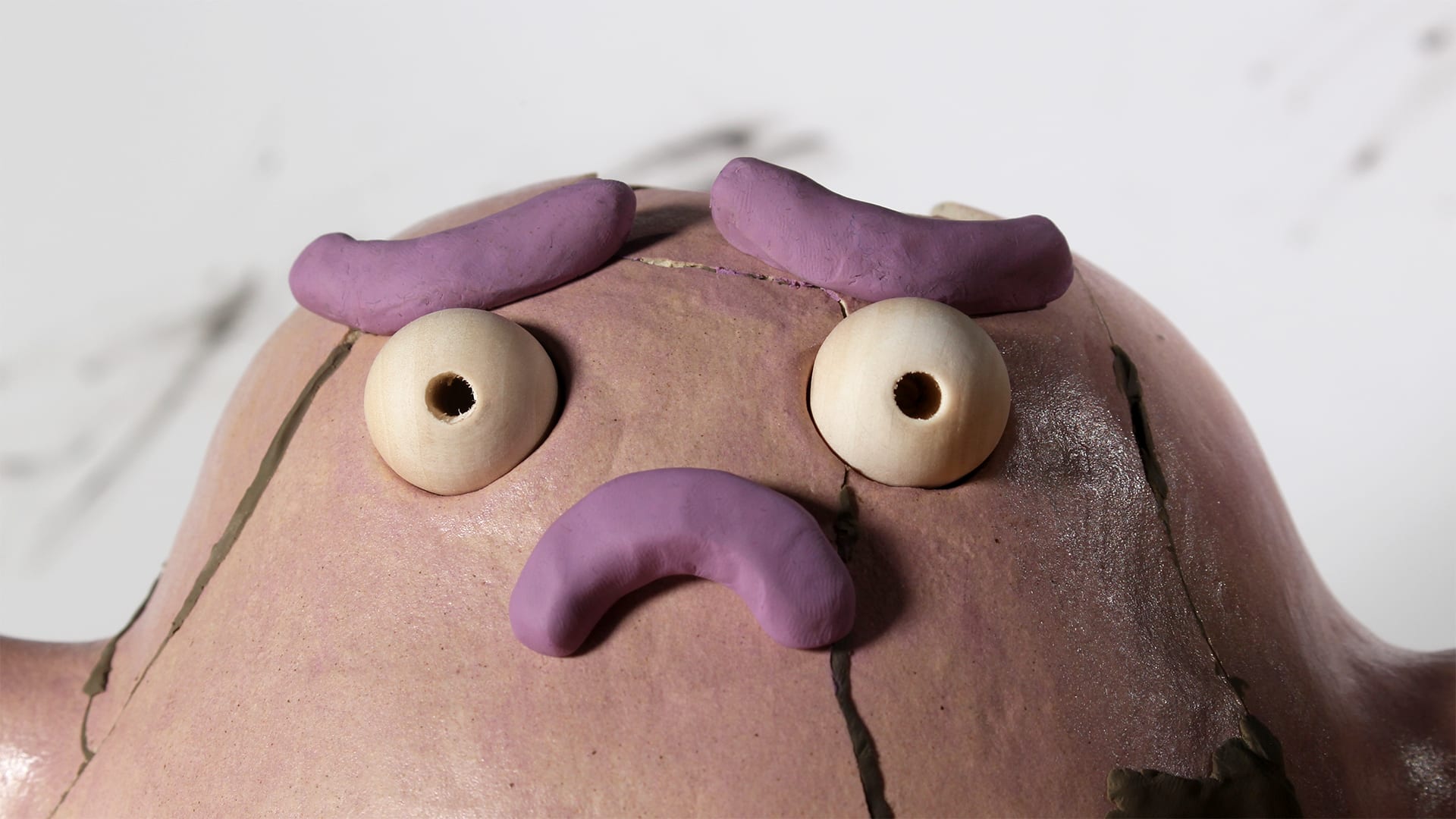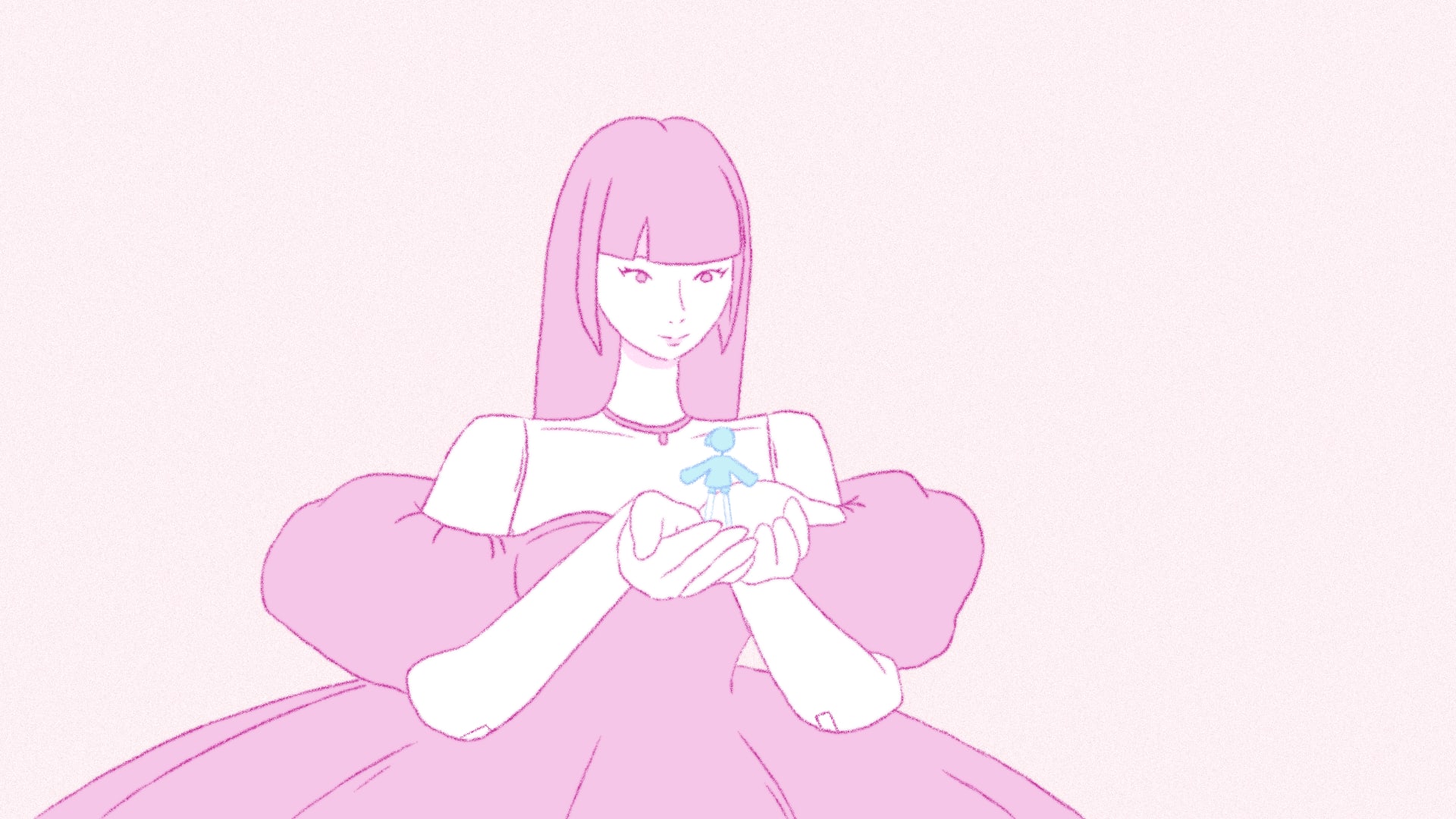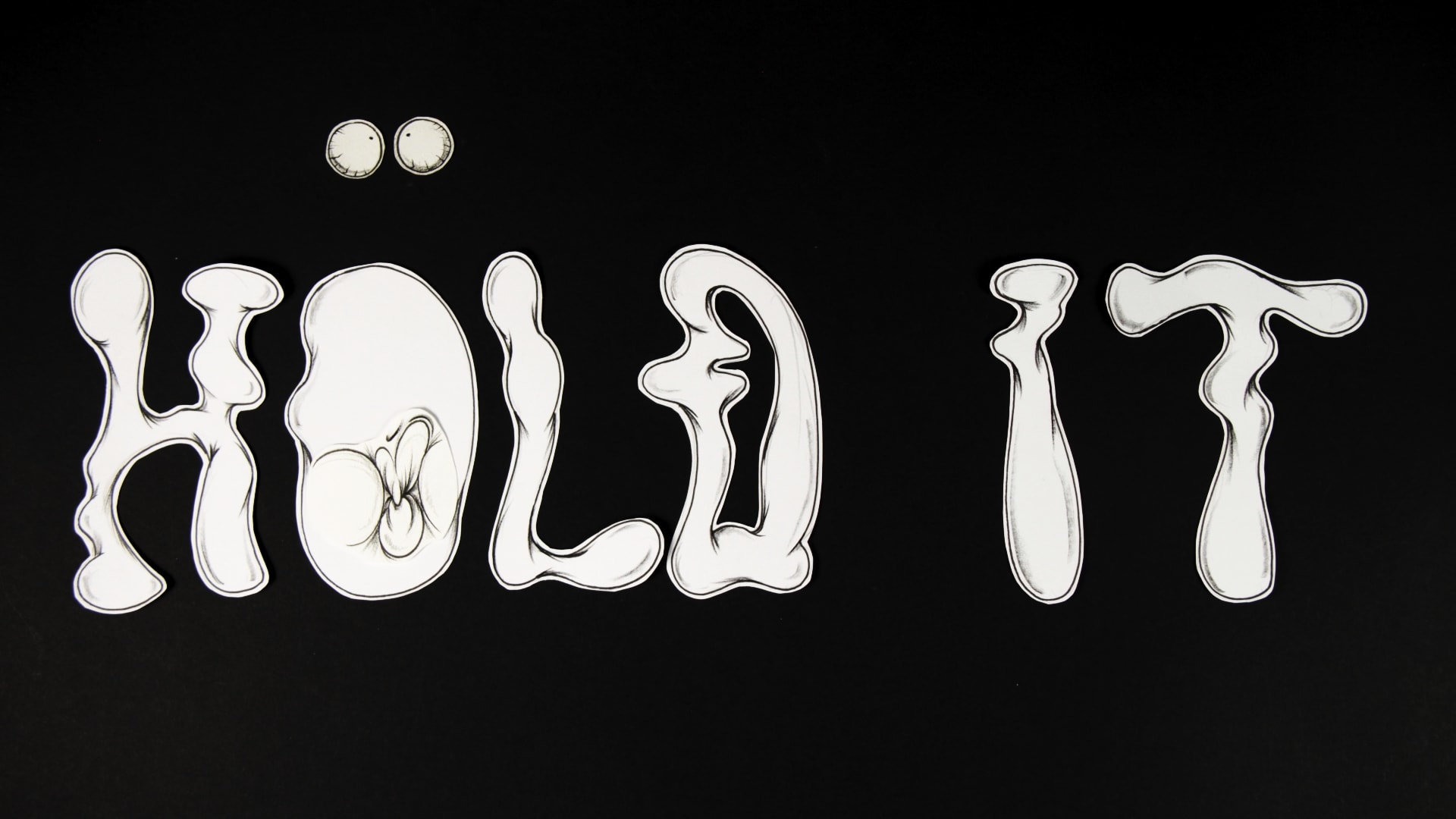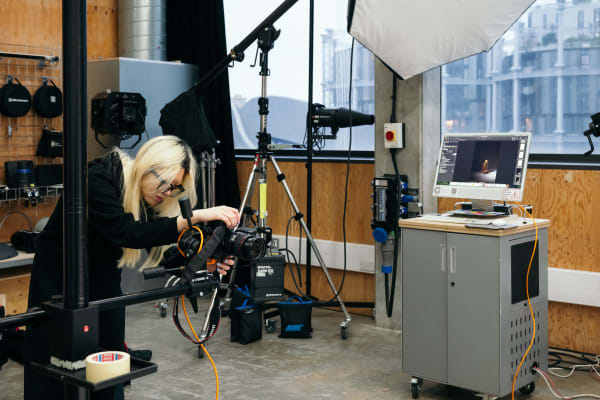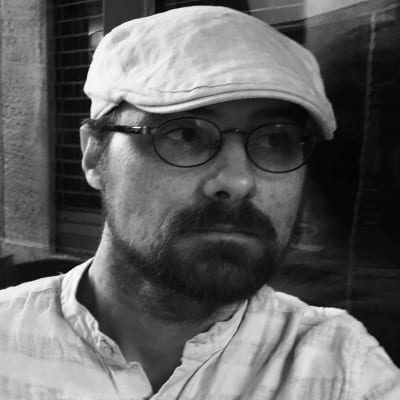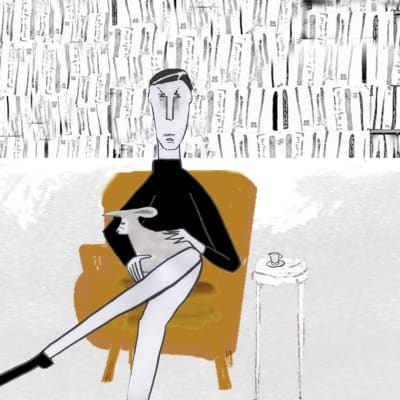Course units
MA Character Animation develops both creative and technical skills. Learning to animate is about much more than software. At the core of effective animation is an understanding of motion, characterisation and the portrayal of performance. On the course, we specialise in a hands-on, practical approach. We will encourage you to create innovative, animated characters which can move convincingly and perform with emotion and psychological nuance.
Through lectures and critiques, you will examine key areas of the theory and context of character animation. MA Character Animation works closely with the other courses in the Performance programme, offering an unparalleled application of performance methodologies to the practice of animation. The course team believe that since animation is the representation of performance, all animators benefit from studying movement and acting. Consequently, the course emphasises the analysis of characterisation through acting and motion through observational drawing. Animation classes are supplemented by life drawing sessions and you will also have workshops in relevant software techniques.
Throughout the course, you will apply your knowledge to new areas of professional practice. You will be expected to keep a personal animation journal from the start of your studies, in which you document your work and reflect on your evolving practice. You will also be encouraged to develop your skills in problem solving, project management, planning and communication. We promote a networking environment through collaborative team projects, group critiques and peer-to-peer and alumni support. Our aim is to help you become a reflective, innovative practitioner able to locate yourself within the animation industry.
Unit 1: Character and Movement Analysis
Unit 1 will provide you with a set of practical tools for critical and creative exploration. You will be able to orientate your direction and your work within the field of animation. We will cover life drawing, character design and development, anatomy, locomotion, motion analysis and performative approaches to animation.
Unit 2: Character Performance Studies
Unit 2 encourages you to become a self-sufficient, critical practitioner, confident to pursue your own goals. The unit focuses on two in-depth performance-driven pieces. These are designed to consolidate and expand your individual and collaborative animation practice.
Unit 3: Character Animation
In Unit 3, you will devise your own character animation portfolio. You will develop a proposal for either a self-directed short film or an animated character portfolio, which you can complete as an individual or in a team.
Important note concerning academic progression through your course: If you are required to retake a unit you will need to cease further study on the course until you have passed the unit concerned. Once you have successfully passed this unit, you will be able to proceed onto the next unit. Retaking a unit might require you to take time out of study, which could affect other things such as student loans or the visa status for international students.
CSM Academic Support is delivered by a team of academics and practitioners working alongside your course to help you progress and achieve your maximum potential as a student. Academic Support can help you to develop your skills in different areas, including critical thinking, research and writing, time management, presentations and working independently and collaboratively. These may be offered as part of your timetabled classes or as bookable tutorials and workshops.
Mode of study
MA Character Animation is offered in extended full-time mode which runs for 60 weeks over two academic years. You will be expected to commit 30 hours per week to study, which includes teaching time and independent study.
The course has been designed in this way to enable you to pursue studies, while also undertaking part-time employment, internships or care responsibilities.
Credit and award requirements
The course is credit-rated at 180 credits. On successfully completing the course, you will gain a Master of Arts (MA degree).
Under the Framework for Higher Education Qualifications, an MA is Level 7. All units must be passed in order to achieve the MA but the classification of the award is derived from the mark for the final unit only.
If you are unable to continue on the course, a Postgraduate Certificate (PG Cert) will normally be offered following the successful completion of 60 credits, or a Postgraduate Diploma (PG Dip) following the successful completion of 120 credits.


